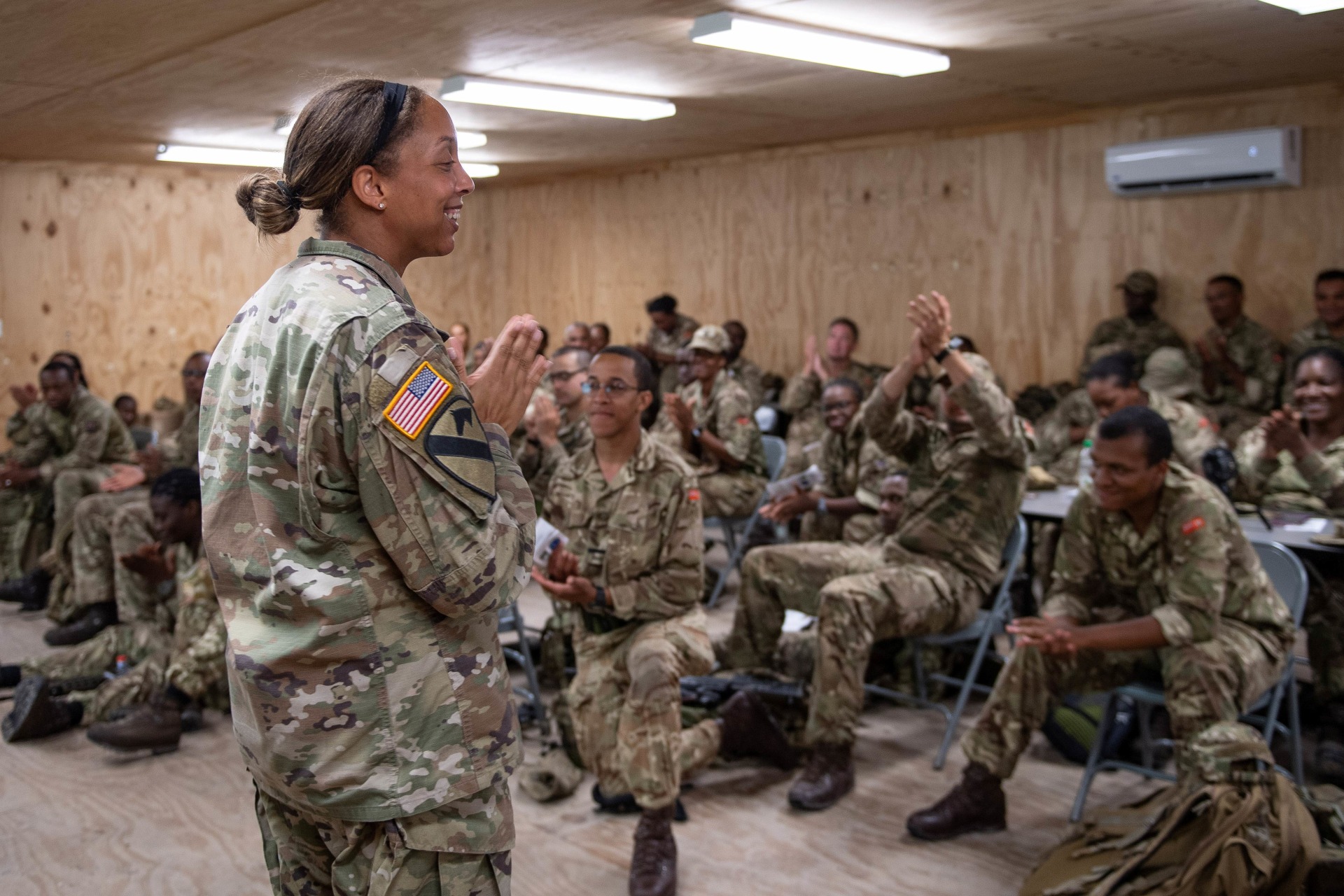Understanding Gender Equality in Foreign Policy
What the United States Can Do
Overview
Incorporating lessons from the approaches pursued by other countries, the U.S. government should take a more systematic and well-resourced approach to promoting gender equality in foreign policy.
BY
- Jamille BigioSenior Fellow for Women and Foreign Policy
- Rachel B. VogelsteinDouglas Dillon Senior Fellow and Director of the Women and Foreign Policy Program
Overview
A growing body of research definitively links gender equality with global prosperity and security. Unlocking the potential of half the population is not just a moral obligation—it is an economic and security imperative. At a time when resources are limited, investing in women and girls is a proven way to bolster good governance, economic growth, community health, and peace and stability. Nations seeking to advance national security, maximize the utility of foreign aid, and bolster stable and democratic partners should prioritize women’s advancement.
In recent years, a growing number of countries have begun to institutionalize gender equality and women’s empowerment as a foreign policy priority in the areas of diplomacy, defense, aid, and trade. Nations are adopting action plans, creating funds, appointing envoys, and setting aid targets to advance gender equality through development cooperation, diplomatic and security activities, and trade agreements. The most comprehensive effort is the “feminist foreign policy” first articulated by Sweden in 2014—a designation since adopted by Canada in 2017, France in 2019, and Mexico in 2020—which promises greater commitment to gender equality abroad in service of national security at home.
Incorporating lessons from the gender mainstreaming approaches pursued by other countries, the U.S. government should take a more systematic and well-resourced approach to promoting gender equality in foreign policy. To strengthen prosperity and stability around the world, the U.S. government should launch a high-level White House council to elevate and coordinate efforts to advance gender equality, issue a government-wide strategy to promote this goal as a domestic and foreign policy priority, close the gender financing gap, and mainstream transparency and accountability on gender equality efforts into foreign policy initiatives. The United States should demonstrate genuine leadership, adopt strong policies, and provide sufficient resources that will not only improve the lives of women and girls but also strengthen the stability and prosperity of entire economies and nations. These steps will help the United States draw on the benefits of women’s empowerment globally and thereby promote international security and global growth.
Professors: To request an exam copy, contact [email protected]. Please include your university and course name.
Bookstores: To order bulk copies, please contact Ingram. Visit https://ipage.ingramcontent.com, call 800.937.8200, or email [email protected]. Include ISBN 978-0-87609-430-3.t





